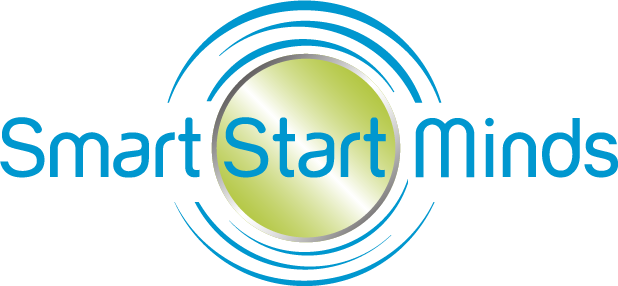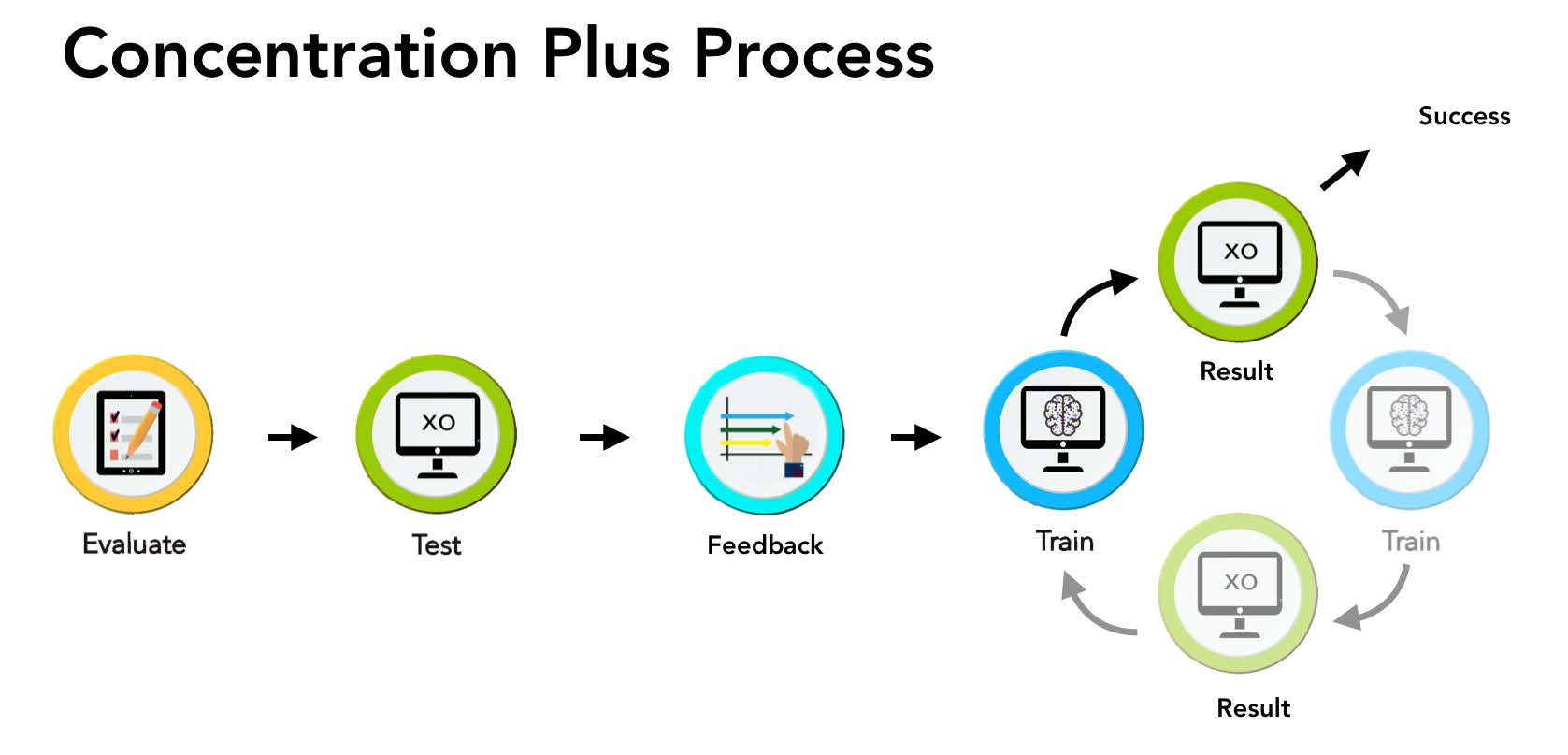Executive functions such as concentration, attention ability, emotional response, decision making and inhibitory control, have emerged as key requirements for elite eSports athletes. A momentary lapse of any one of these functions can negatively impact performance. HEG neurofeedback training has proven benefits to both working memory and executive functions through improving the baseline blood flow within the brain’s frontal lobes, leading to improved health, enhanced functioning and ultimately unlocking the door to higher performance.

Elite Performance Neurofeedback Solutions
The impact of impaired executive function in eSports athletes and implementing a scalable neurofeedback evidence-based solution.

Abstract
Problem Statement
- Increasing pressure from digital and physical audiences directly impact attention ability.
- Diagnosing attention problems, requires expert skills and tools, with limited availability.
- Mental stamina and resilience are rarely tested or trained but are detrimental to success.
- The vast majority of athletes who struggle and could benefit from effective interventions are rarely identified or helped.
- Long days of training or competing are common place in eSports but little specific training is done to prepare for ensuring performance doesn’t drop off due to mental fatigue.
- Momentary lapse in focus, concentration or one wrong impulsive decision can have a negative impact both psychologically and financially.
Background information
The importance of concentration for health and success
In the developed world, concentration skills alone determine more than 62% of a child’s results at school, the likelihood of going to university, the difficulty of the degree they will choose, their seniority in their occupation and, for men, predicts up to 32% of their lifetime income at the age of 47. These converging findings are from several longitudinal studies spanning more than 40 years and published in the last 10 years (1). Poor concentration skills are strongly correlated with long-term mental and physical health problems, criminality, teenage parenthood, and poverty, with the risk increased by up to 32% (2). These findings are not specific to attention disorders like ADHD; the correlation is linear. In other words, better concentration predicts better health, wealth, and wellbeing across the range of abilities.
Evaluating concentration and related physical, emotional and social risk factors
Smart Start Minds offer a comprehensive online concentration evaluation using a standardised visual and audio assessment. The major risks for attention problems, including physical, emotional and environmental conditions can be identified using screening questionnaires.
Concentration and the Prefrontal Cortex of the Brain
Concentration depends on a network of areas with the prefrontal cortex (PFC), the areas behind the forehead, prominently involved. The PFC activates during various attention tasks, damage to the PFC results in impaired concentration and functioning. Functional brain imaging studies have demonstrated that successful stimulant drug treatment increased PFC activation although with unclear long term effects.
These findings form the rationale for neurofeedback based interventions that aim to permanently increase activation in key PFC areas to improve concentration and other executive functions.
Neurofeedback Training
Neurofeedback, a type of biofeedback, is a physiological learning process that allows an individual to consciously alter the functioning of parts of their nervous system that is not otherwise possible. It relies on the ability to make an individual aware of the functioning of their nervous system via some form of functional imaging methods such as electroencephalography (EEG), functional magnetic resonance imaging (fMRI) or functional near-infrared spectroscopy (fNIRS). Neurofeedback is starting to mature as a treatment since its discovery in the 1950’s. The most prolific method is EEG due to it being open source. The localisation and resolution of fMRI make it the gold standard, however, the limited availability and cost limit its practicality. fNIRS is the most practical, as it requires no special preparation and the equipment is compact and can be produced at a lower cost. All three of these methods are supported by a fast-growing body of intervention studies in ADHD and healthy attention. EEG neurofeedback as a technique is considered “Efficacious and Specific”, and better than medication. Available findings indicate that fNIRS and fMRI are more powerful, requiring less training. Small-scale controlled trials of PFC neurofeedback training have shown lasting benefits in ADHD from as few as 8-20 training sessions (9, 10).
Neurofeedback training has grown steadily and in particular in the USA based on its efficacy and attraction as an alternative to drug treatments. Outside of healthcare, it’s efficacy has resulted in adoption by elite performers including Olympic teams, professional sportsman, NASA and military academies.
Summary
Concentration, focus and other executive functions are the deciding factors for success in an industry where training hard physically, is the norm. Often impaired by a variety of conditions, it can be improved with lasting results via non-drug, neurofeedback interventions. fNIRS is a practical and scalable solution to help eSports athletes globally, with a remote training platform allowing each client to log on from anywhere.
Solution
Our solution is a 1:1 cognitive evaluation and training programme for eSports Athletes. It can rapidly evaluate, identify challenges and deliver fNIRS based neurofeedback training online, at home, to improve brain health and enhance executive functions.

Elite Performance Solutions (EPS) - A Five-Step Process:
- 1.Evaluate: a screening evaluation that identifies physical, emotional and environmental problems that can cause executive function impairment.
- 2.Test: a standardised attention test that identifies problems and training potential. This covers speed, accuracy, mental endurance and impulsivity.
- 3.Feedback: Detailed report and feedback with a bespoke programme proposal.
- 4.Train: 25-40 sessions fNIRS based neurofeedback training, 1:1, three times per week and online.
- 5.Results: re-test to determine the outcome and next steps.
Conventional fNIRS neurofeedback is done on a 1:1 basis in person, which limits scalability. In the last year, we have developed a proprietary online training system that combines new hardware, software, and training methods that allow large-scale delivery.
Results
- The founders of Smart Start Minds have helped more than 20 000 clients with the methods they have developed with over 32 years combined experience.
- Training success resulting in an improvements for 97% of clients.
- Proven ability to improve cognitive functions for all ages, with clients ranging from 4 to 88 years of age.
- Improvement in sustained power output for cycling performance (ongoing case study)
- Enhanced self talk strategies and improvement in positivity.
- Improved working memory and executive functions
Conclusion
Every athlete trains physically but rarely psychologically with any testing to evaluate its effectiveness, however cognitive performance can be the deciding factor in success. Executive function problems such as concentration, are common and a serious risk to those people affected. Scalable evaluation methods and evidence-based non-drug interventions are maturing and are now ready for study and adoption. fNIRS based online neurofeedback training is a safe solution. Smart Start Minds have the experience and capacity to offer a reliable solution to eSports athletes globally. Our next key steps are validation and penetration into the eSports market.
About the Author
Kieran Blay is the Product Owner for Elite Performance Solutions at Smart Start Minds. An elite neurofeedback trainer with a lifetime of experience in motorsport, holding technical roles from grass roots, up to and including Formula One. In his spare time, competes semi professionally in both road and track cycling. Having impaired cognition due to a young diagnosis of ADHD, Kieran has always explored ways of keeping the negatives at bay without the use of medication, as well as pursuing marginal gains to gain an advantage in competition. His vision is to work with elite athletes and competitors to help enhance their cognitive function, well-being and performance. He is also passionate about innovative therapeutic interventions for attention and behavioural disorders.
References
- 1.The Role of Task Persistence in Young Adolescence for Successful Educational and Occupational Attainment in Middle Adulthood. H. Andersson, L.R. Bergman.
- 2.A gradient of childhood self-control predicts health, wealth, and public safety. T.E. Moffitt et.al.
- 3.Real-Time fMRI Neurofeedback in Adolescents with Attention Deficit Hyperactivity Disorder. A.A. Alegria et.al.
- 4.Near-infrared spectroscopy (NIRS) neurofeedback as a treatment for children with attention deficit hyperactivity disorder (ADHD)—a pilot study. A.M.Marx et.al.




